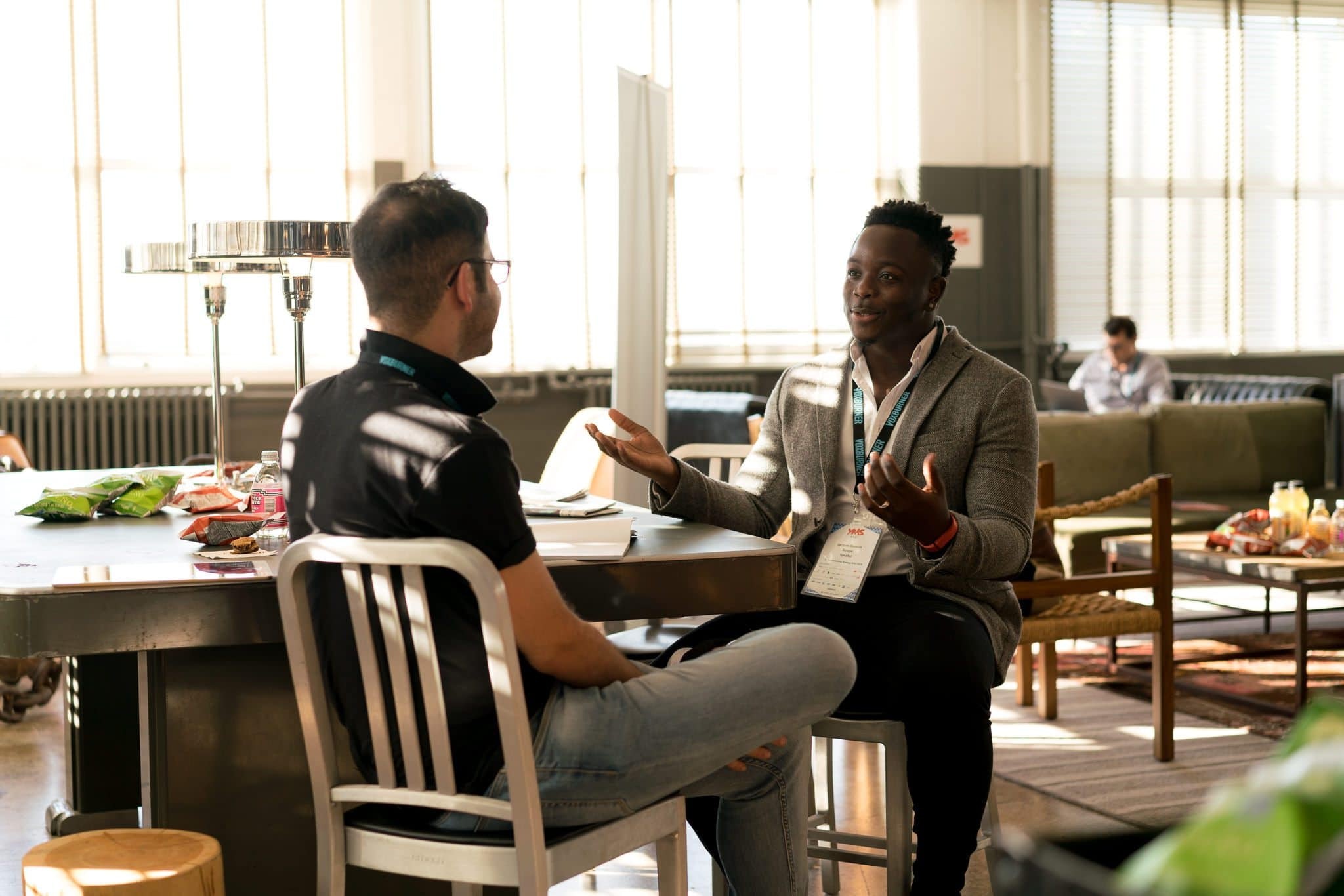Although many business executives took one, or perhaps several, courses in economics while in school, most probably took away little more than the supply and demand graphs to which they were introduced early in their first course. Ask them if they apply much else from economics in their actual business careers, and you’re likely to hear “not much.” However, they might be surprised at how certain economic notions have been directly applied in business, largely with positive results. There are many benefits of economics in business when used effectively.
(For example, here’s an article about an economist’s point of view on net neutrality.)
Benefits of using economics in business
There are many benefits to using economics in business. Firstly, thanks to economics in business, we get unparalleled progress. Recent data shows that the natural experiment of market economics, during the last 250 years, has created a 100x increase in the real standard of living. As we continue to get more data, it’ll continue to increase exponentially. Secondly, another beneficial use of economics in business is circular flow. The circular flow illustrates the balance between injections and leakages in our economy. The model of circular flow includes households, businesses, and governments. For example, people in households buy goods and services from businesses in an attempt to satisfy their unlimited needs and wants. Households also sell their labor, land, and capital in exchange for income that they use to buy goods and services that firms produce. Businesses sell products and services to households, earning revenue and generating profits. Businesses also pay wages, interest, and profits to households in return for the use of their factors of production. Governments levy taxes on households and businesses to provide specific benefits to everyone.
In addition, we all, individually and organizationally, pick the lens through which we view the world. Economics happens to be the best lens because it requires you to look at the entire system and all of its connections.
Economic approaches you can use
We need to pay much attention to product life cycle, cost and factor market, and the diminishing returns. We need to know each stage of product life cycle: introduction, growth, maturity, and decline, which helps to extend the life of the product before it goes into decline and improve sales. Costs are always within your control. If you don’t have a holistic view of a factor’s, contribution to profit you should cut cautiously. The most important element of factor market is the level of human capital (intelligence) you can utilize. Throwing money at an opportunity or a problem doesn’t work forever.
How to start thinking like an economist
How to think like an economist is the most important thing we need to consider. Firstly, we need to focus on the first principle. The core ideas of microeconomics can be taught in 6 weeks and are instantly useful. This is because it focuses on concepts that motivate virtually all economic theory. Secondly, data is one of the most powerful factors. Economists need to use systemized tests. Including testing if an application or product has good user experience or not, verifying that a product performs and functions correctly according to user specifications. What’s more, to be an economist, we need to pay attention to efficiency. Nowadays, economic efficiency becomes more and more critical because it allocates every resource optimally. Each person then is served in the best possible way, so waste and inefficiency are minimized.
Indeed, the skills acquired by students in Economics courses extend far beyond the knowledge gained. The advantages of studying Economics differ from those of studying other humanities subjects since Economics allows students to learn how to analyze specific figures which enable them to predict future economically-oriented events. This renders Economics graduates a marketable and employable asset and differentiates them from other graduates.
Want to know more about Agile Research about identifying persona? See our post on Identifying Personas With Agile Research


